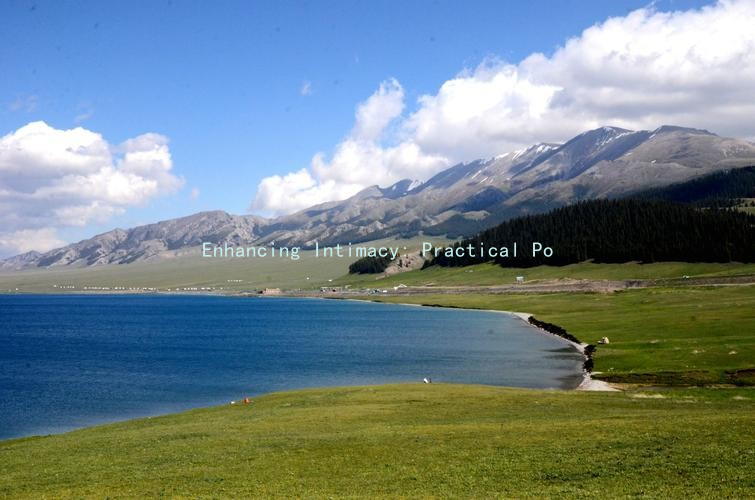The Psychology of Love: Fine-tuning Your Relationship Skills According to Psychological States
The Psychology of Love: Fine-tuning Your Relationship Skills According to Psychological States
In today’s fast-paced world, the dynamics of love and relationships can be perplexing. Understanding the psychology behind attraction and connection can significantly enhance interpersonal skills and foster healthier relationships. Heres a closer look at how psychological states influence romantic interactions and how to fine-tune relationship skills to navigate the complexities of love.
1. The Foundation of Attraction: Understanding Psychological States
Attraction begins long before two people become romantically involved. Factors such as emotional availability, past experiences, and personal expectations shape an individual’s psychological state. For instance, someone who has recently exited a tumultuous relationship may carry forward feelings of insecurity or doubt, which can affect their engagement in a new relationship.
Fine-tuning your relationship skills begins with self-awareness. Reflect on your psychological state and acknowledge how it might influence your interactions. If you find yourself overly guarded, consider engaging in open conversations about feelings and fears with a potential partner to build trust and connection.
2. Communication is Key: The Role of Emotional Intelligence
Emotional intelligence (EI) plays a pivotal role in relationships, influencing how we perceive and respond to others. Being emotionally intelligent involves recognizing one’s own emotions and empathizing with those of others. It can dramatically improve communication between partners.
To improve EI, practice active listening—give your partner your full attention, validate their feelings, and respond thoughtfully. Phrases such as “I understand why you feel that way” or “It’s okay to be upset, let’s talk about it” can demonstrate empathy and create a safe space for open dialogue. Adjusting your communication style to be more empathetic can enhance understanding and intimacy.
3. Managing Conflict: The Importance of Psychological Resilience
Every relationship encounters conflict. The ability to manage disagreements effectively is crucial for long-term success. Psychological resilience—the ability to adapt to stress and bounce back from adversity—can aid in navigating relationship challenges.

When tensions arise, approach the situation with a positive mindset. Use techniques such as “time-outs” during heated discussions to regroup and collect your thoughts. This method allows individuals to return to the conversation with a clearer perspective, reducing the likelihood of escalation. Additionally, use “I” statements to express feelings without placing blame, fostering a more constructive dialogue.
4. Building Connection: The Power of Shared Experiences
Shared experiences can deepen connections and fortify relationships. Engaging in activities together, such as exploring new hobbies, traveling, or simply having regular date nights, creates a sense of togetherness. These experiences can reshape psychological states by fostering positive memories and reinforcing intimacy.
To maximize the benefits of shared experiences, focus on introducing novelty. Research shows that new experiences can enhance relationship satisfaction. Therefore, experimenting with new activities can reignite excitement and joy in the relationship, countering the monotony that often results from routine.
5. Supporting Each Other’s Growth: The Dynamics of Mutual Respect
Healthy relationships thrive on mutual respect and support for each other’s personal growth. Being aware of how psychological states can shift due to life changes—career advancements, education pursuits, or personal challenges—allows partners to adapt their roles within the relationship.
Encourage open discussions about aspirations and fears, and be supportive of each other’s journeys. Phrases like “How can I support you in reaching your goals?” or “I believe in your abilities” can foster a nurturing environment that respects each partners individuality while strengthening the bond.
Conclusion: Embracing the Journey of Relationship Growth
In conclusion, comprehending the psychology behind love and relationships can empower individuals to develop essential skills needed for nurturing lasting connections. By fostering self-awareness, enhancing communication, managing conflicts gracefully, building shared experiences, and supporting one another’s growth, partners can create a thriving relationship built on mutual understanding and respect. Ultimately, love is a journey—one that flourishes through intentional effort and emotional intelligence. Embrace the process, and watch your relationships blossom.





